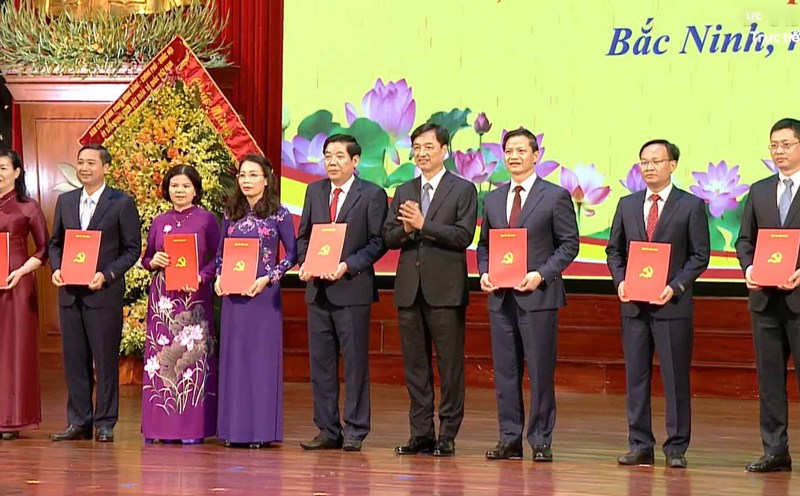Chinese technology giant Xiaomi has revealed plans to invest up to $7 billion in a chip development program called Xring over the next decade.
The Xring project started in 2021 with an initial investment of 1.9 billion USD. By 2024, Xiaomi had increased its total investment to 2.8 billion USD, of which 900 million USD was added in 2024 alone. With the newly announced financial plan, the total capital poured into the project in 10 years will reach 9.8 billion USD.
The Xring O1 - the first chip developed by Xiaomi - is showing clear potential. Manufactured based on an advanced 3-nanometric process, Xring O1 achieved impressive test results in the initial stage. Many sources evaluate the performance of this chip as being able to compete directly with Snapdragon 8 Elite - Qualcomm's most advanced processor today.
The first practical product using the Xring O1 will be the Xiaomi 15s Pro phone model. This will be an important test to test the chip's actual performance, thereby orienting Xiaomi's next strategic decisions in the processor field.
Xiaomi has long relied on outside suppliers such as Qualcomm and MediaTek to get processors for its devices. With the Xring project, the company expects to gradually reduce this dependence and enhance the ability to master core technology.
Self-produced chips not only help Xiaomi more closely control the device design process but also create conditions for flexible response to market fluctuations. At the same time, this strategy is considered a step to reduce the risk of global supply chain disruptions.
With an ambitious plan, Xiaomi is clearly demonstrating its desire to reach the level of technology "giants" such as Apple and Samsung - corporations that have succeeded in self-disealing and manufacturing their own processors. If the Xring O1 is successful as expected, not only will Xiaomi's future change, but the global mobile chip industry could also be disrupted.











